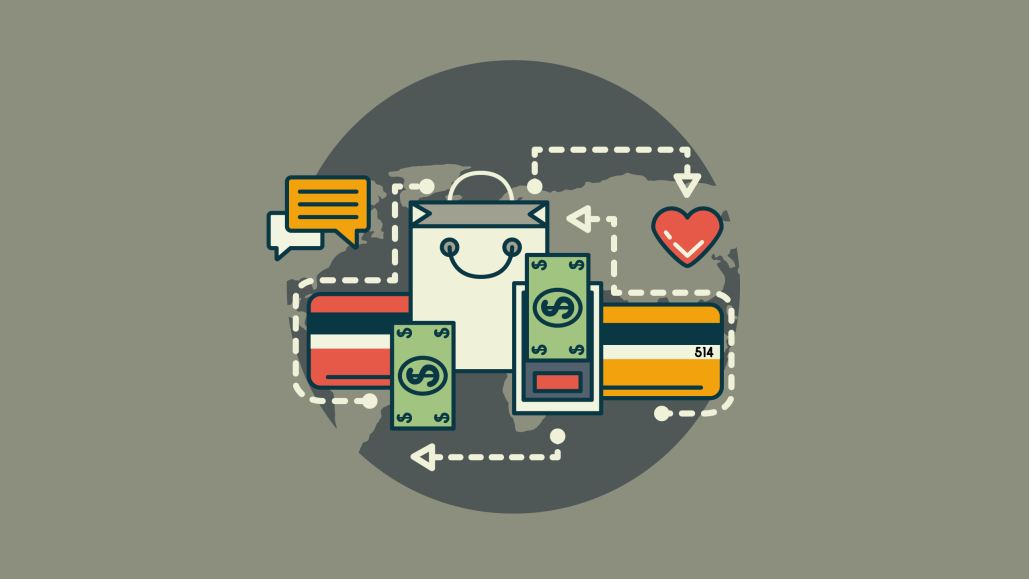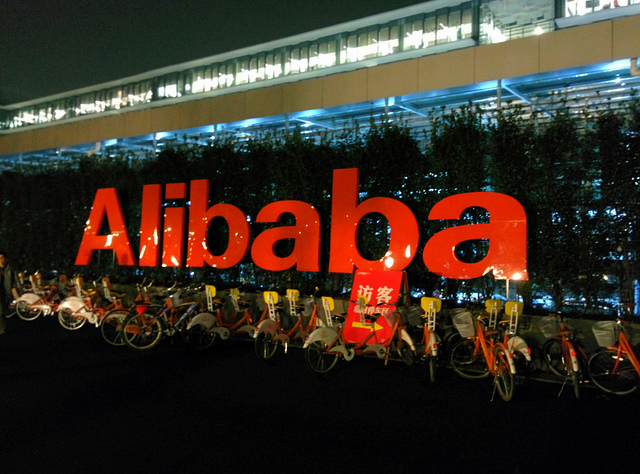A Brave New Cashless World
By LTP
As alluring as the concept of a cashless society looks, everything comes at a cost. And with the cashless world, the costs are often shadowed by the fascination over the idea and sweet fruits it may bear. In fact, in 2016, the cashless society is already far more than a concept – there are countries with non-cash payments’ share of total value of consumer payments being over 85%.
While some professionals emphasize the positive outcomes of going cashless, other express concerns over unexpected results such as the matter of cybersecurity, reduced privacy and increased governmental control.
Regardless of concerns, though, businesses across industries are encouraging cashless payments (fuel payments,restaurant business, food, etc.). Businesses see safety for employees, the speed of service and other benefits in cashless payments. With no lack of cashless world supporters, let’s look at the cost at which we are galloping towards a non-cash life.
Negative interest rates. Peter Taylor of Herald Sun believes that among other costly outcomes, negative interest rates can go from once a theoretical economics concept to something very real. Taylor suggests that since 2014, the Swiss, Swedish, Danish, Japanese and European central banks have all adopted negative rates – in varying ways but to the same end – forcing retail banks to pay for parking cash.
In addition, at the end of July, NatWest and Royal Bank of Scotland (RBS) have warned businesses that they may have to charge them to accept deposits due to low-interest rates.
Elimination of anonymity and security. As NYT notes, credit cards and mobile payment apps leave a digital trail that can leave consumers vulnerable to security breaches. In addition to cybercrime, cashless societies are highly vulnerable to Internet glitches (intended or unintended damages of power lines or wireless connection will cut off access to funds).
Deeper exclusion of the unbanked population and cash-heavy economies. Given that global unbanked population is heavily reliant on cash transactions, marching towards a cashless society means walking away from ~2 billion people that don’t have access to formal financial services.
Image source: Visual Capitalist
Social unrest in highly diverse societies with a high number of illegal immigrants (like the US). As Zero Hedge warns, among the variety of other possible negative outcomes are illegal immigrants being out of jobs at a lightning speed. Some estimations suggest that in 2014, there were 11.3 million unauthorized immigrants in the US. It would be difficult to overestimate what would happen to the economy and the society if over 11 million people lost their cash-paid jobs.
Expansion of a different type of crime. Cash is pretty much safe unless someone steals it from under the mattress. With cashless life, different types of financial crime will increase. In a cashless world, criminals will be able to cut off millions of account holders from their funds instantly by causing an outage of electricity. At the end, it’s probably easier to cut the power line than to hack into accounts.
The disadvantageous shift for vulnerable parts of the population. Disabled, retired, senior and other particularly vulnerable parts of the population are often less savvy when it comes to electronic payments adoption. In the cashless society, they will be forced to adapt to ‘new ways.’ In addition to being a stressful transition, those people may suffer significantly in the case of outage and absence of access to any personal funds.
Damage to the national currency. According to Zero Hedge, banning cash transactions might propel the demise of the US dollar as the world’s reserve currency. Given that a substantial share of US dollar bills is held abroad, zeroing the value of cash would push foreign US dollar holders to get rid of the currency in favor of a compatible alternative.
Deep regional disparity: ‘the rich get richer and the poor get poorer.’ In a cashless society, everything is tied to an Internet connection to access the electronic systems holding the account of funds. To be able to plug into the financial system and make payments with a mobile wallet or any mobile payments app with a mobile device or a desktop, one needs to have an Internet connection.
Unfortunately, not all regions are equally developed in terms of Internet access. The year 2016’s data suggests that only 25% of the population in Africa has access to the Internet. The same statistic for Arab states and APAC region is suggested to be at slightly more than 41% each. As for the Americas and Europe, the Internet penetration rate is reported to be at 65% and 79%, respectively.
There are certainly more unexpected possible outcomes, both negative and positive. A substantial amount of cashless transactions will require new security and capacity standards, technology development and more. In any case, they should not suggest that a cashless society will be a grievous mistake. They propel, however, a more responsible approach to policymaking process and consideration of all possible outcomes for every group of the population.
First appeared at LTP






